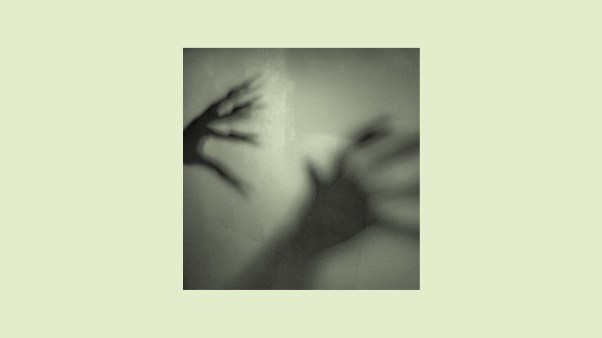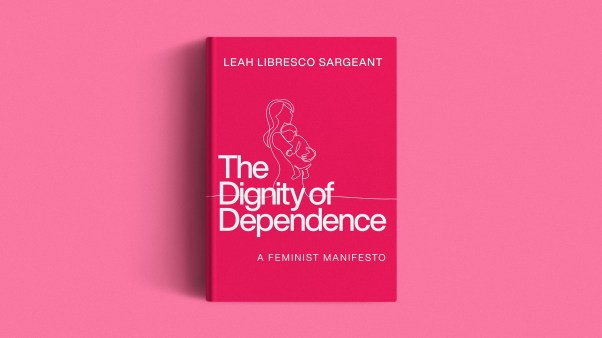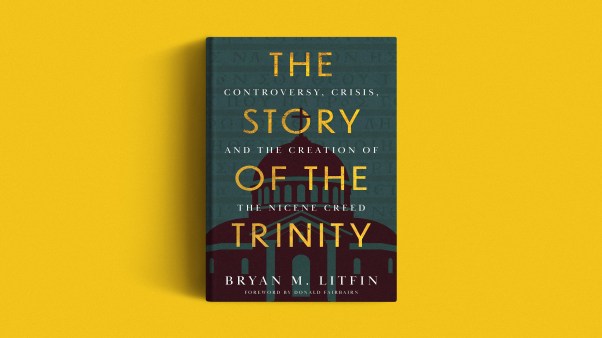ISTANBUL, November 2 (Compass)—The Saudi Arabian Ministry of Interior released 13 Filipino Christians into the custody of their employers on Sunday, October 31, more than three weeks after their arrest during private worship services in Riyadh.
Philippines Ambassador to Saudi Arabia Rafael Seguis confirmed to Compass yesterday that all 13 Christians had been released on Sunday afternoon. The Filipino men had been held for interrogation at the Ministry of Interior (MOI) Detention Center in the Nasariyah district of Riyadh since October 8.
According to a Riyadh source, the 13 were to have reported Monday morning to their work sites, where their employers had been instructed by a MOI directive to deport the arrested Christians within 10 days and pay them all benefits due.
However, on Monday three of the men employed by the Saudi Ministry of Defense and Aviation were detained again, apparently in compliance with directions from a member of the Islamic police. As of Tuesday afternoon, the three were still being detained in a jail room at the King Abdulaziz Military Academy at the defense ministry compound.
Ambassador Seguis said he had already met in person with several of the released men. “They reported to me that they were not mistreated,” the ambassador told Compass by telephone from Riyadh. “They even gained some weight while they were under detention.”
An expatriate Christian in Riyadh who spoke with the released men Sunday night also told Compass, “In general, they were treated very well—no physical torture or harassment.”
Captured in an October 8 raid led by Saudi Arabia’s strict Islamic “muttawa” police, the 13 Christians were identified by local authorities as apparent leaders of two “house churches” located in the capital’s Malaz district. All 267 worshipers present in the two congregations were fingerprinted and questioned, with their residence permits photocopied. Some 40 of them were taken in for interrogation. With the exception of the 13, the others were all released the first evening.
The released Christians said they were questioned extensively about the leadership and history of the two Christian fellowships raided, as well as about computer files suspected to store revealing information on the two congregations. Their individual interviews varied from four to eight hours, they said.
“They were telling the 13 to stop the Christian activities in the Kingdom of Saudi Arabia,” a Riyadh source said. One of the detainees said he asked his interrogator, “Are you telling me that now I must stop praying for you, for the king, and the other authorities here?” The MOI interrogator “just kept silent,” he said.
“It is forbidden here to practice any other religion,” noted Ambassador Seguis. “The Saudis consider this the holy land of Islam, so no non-Muslim groups or house churches are allowed.”
The ambassador said he was not aware of a public pledge made in 1997 by a prominent prince in the royal family that Saudi authorities would not “prevent” private worship by non-Muslims in their homes.
“But I do not think they will ever allow private Christian worship in groups,” Seguis said. “Maybe if it is in the privacy of a person’s home, just with his family. But not in numbers that would attract any attention, because it is taboo to do this publicly.”
The Arabic order from the MOI to each detainee’s employer reportedly requires the companies to provide the government with a deportation certificate from the Immigration Office to prove their respective employees have been sent home within the 10-day limit.
Although the directive instructed employers to pay all severance benefits due their forcibly terminated employees, the vague terms of Article 83 of the Saudi labor law are often used to disqualify an “erring” employee from collecting his contract benefits. So far only two of the arrested Christians have received confirmation that their employers will pay all their benefits.
The Christian prisoners were permitted one visit on October 27 from their wives and close family members, who appealed directly to Saudi authorities for this concession. The Philippines Embassy was refused consular access to the prisoners until after this date, when MOI interrogations were completed.
During an official visit to Riyadh the week after the arrests occurred, the Philippines Speaker of the House of Representatives, Manuel Villar, Jr., confirmed that he had discussed the incident on October 18 with Prince Salman, the Governor of Riyadh.
Local Christian sources indicated that many believed the large-scale raid and arrests were triggered by a Christian meeting conducted in Riyadh three days earlier, when American evangelist Morris Cerullo spoke to an estimated 1,000 expatriates on October 5.
Copyright © 1999 Compass Direct.
Copyright © 1999 Christianity Today. Click for reprint information.








